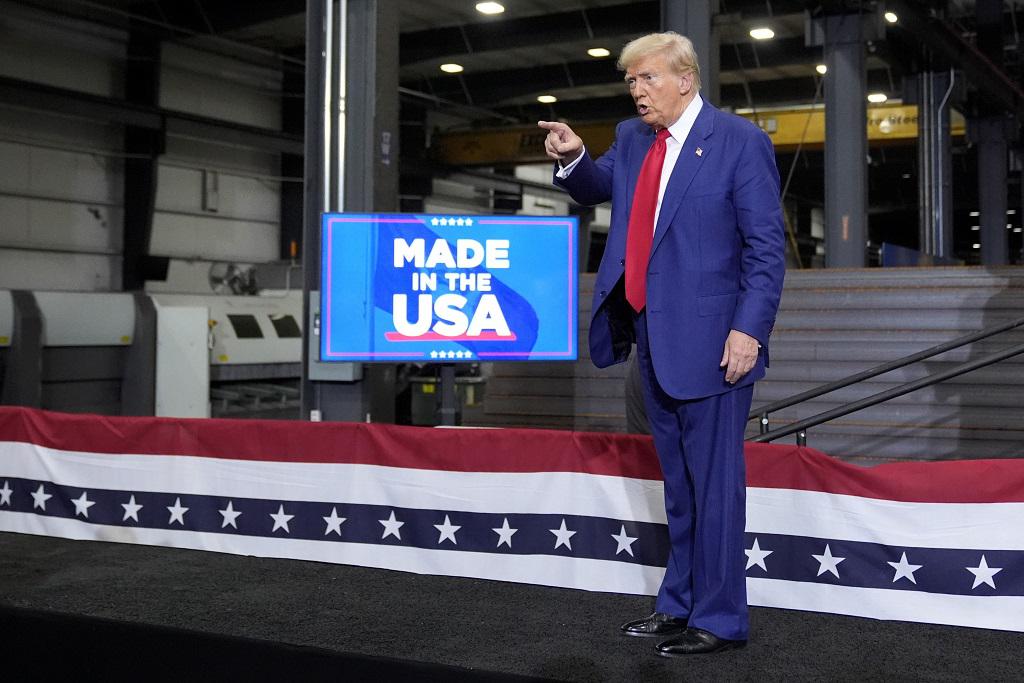
Wang Yuzhu, Research Fellow, Institute for World Economy Studies, SIIS
Apr 11, 2025
A broad vision is necessary if the United States wants to bring industry back home. The time has come for the it to reconcile its ambitions with on-the-ground realities. Washington should develop a sustainable strategy for managing relationships with other major powers, especially China.
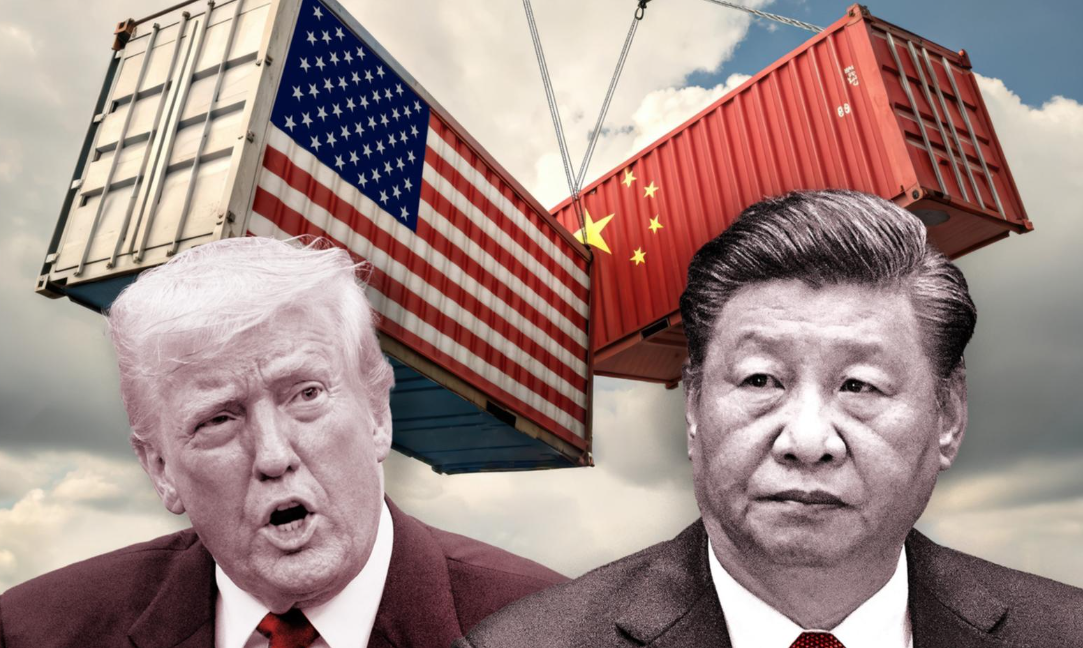
Shang-Jin Wei, Professor, Finance and Economics at Columbia University
Apr 10, 2025
U.S. President Trump has raised the tariff for Chinese imports to the U.S. to 125 per cent, while granting other countries a 90-day pause. (Photo: Artwork by Wi
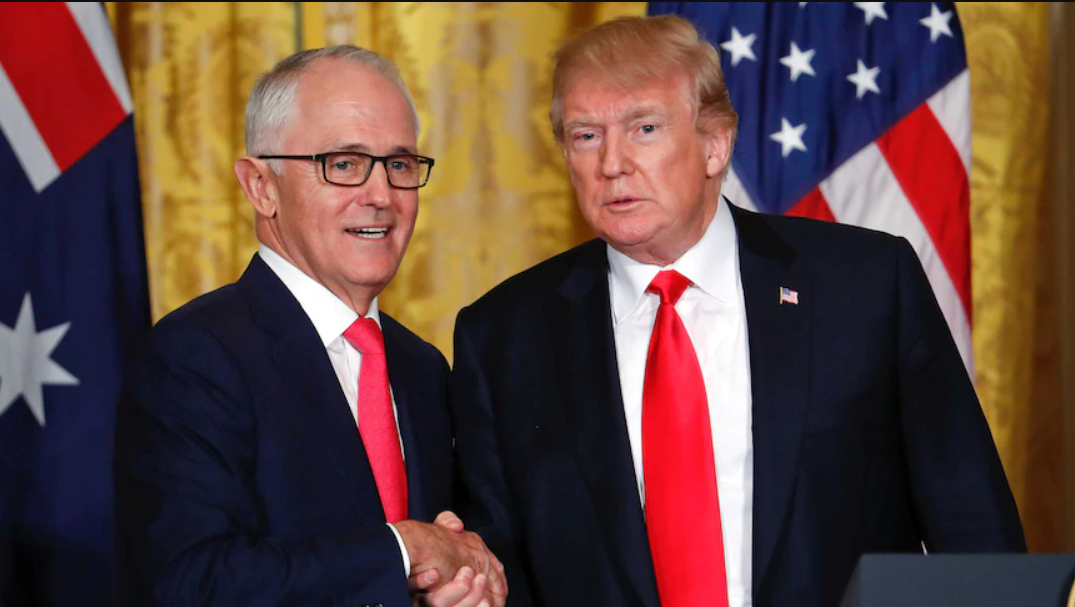
Du Lan, Deputy Director at Asia-Pacific Institute, China Institute of International Studies
Apr 10, 2025
The Indo-Pacific Strategy of Trump 2.0 remains unclear, although consensus has been reached on major power competition. If a new Indo-Pacific Strategy now emerges to build U.S. advantages against China, it will be designed to serve core MAGA goals.
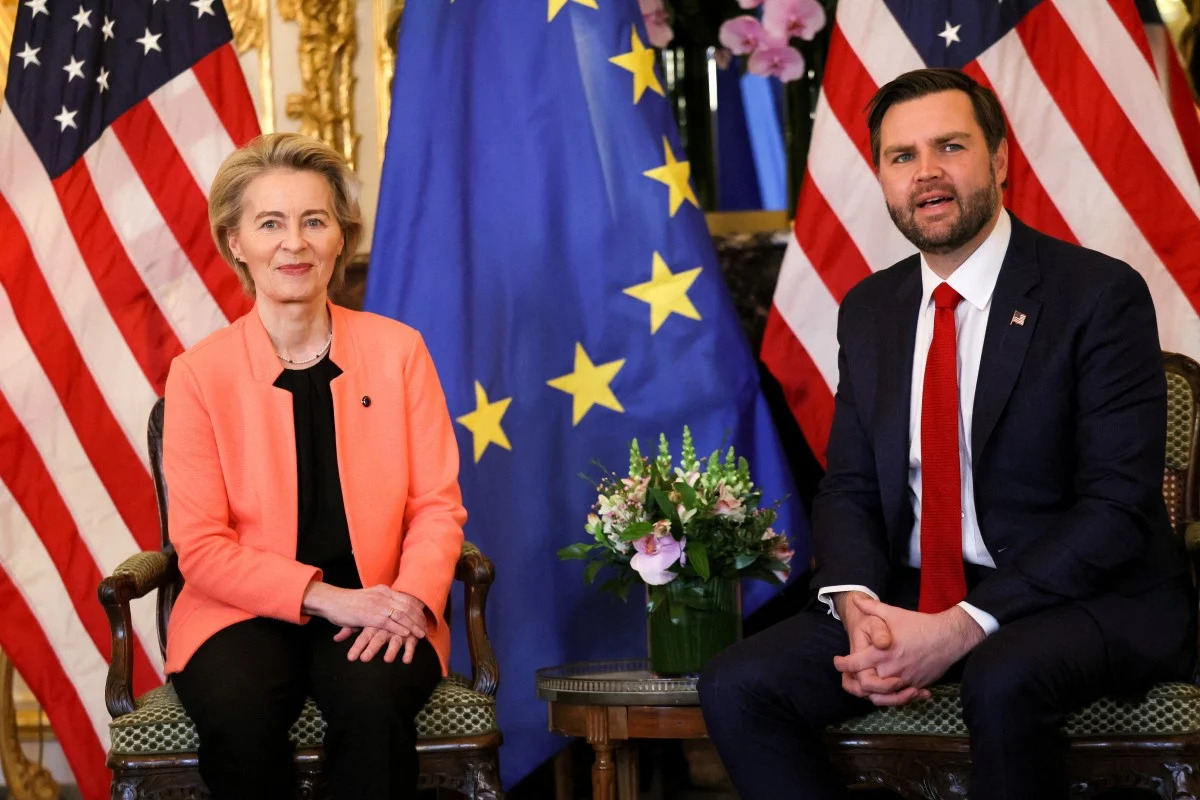
Li Yan, Director of President's Office, China Institutes of Contemporary International Relations
Mar 24, 2025
With the Global South rising, Europe’s renewed emphasis on strategic independence from the United States could partially offset its relative decline in hard power and accelerate global multi-polarity.
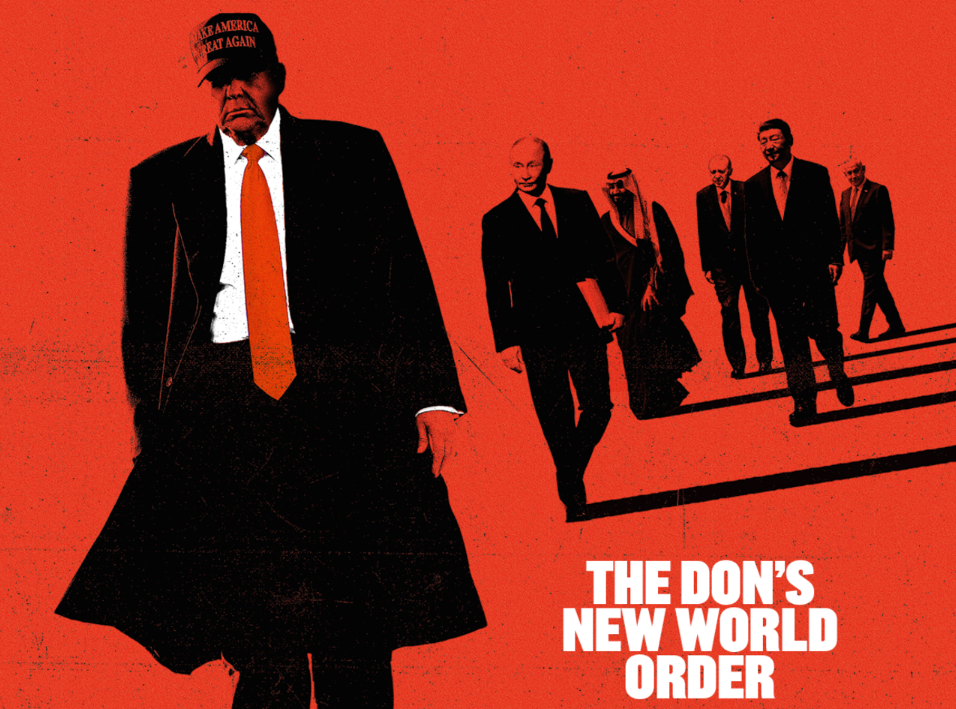
Ted Galen Carpenter, Senior Fellow, Randolph Bourne Institute
Mar 20, 2025
Trump’s second-term foreign policy asserts U.S. hegemony in the Western Hemisphere while exploring a great power system based on spheres of influence. Its success hinges on defining these spheres—especially between the U.S. and China—without destabilizing East Asia.
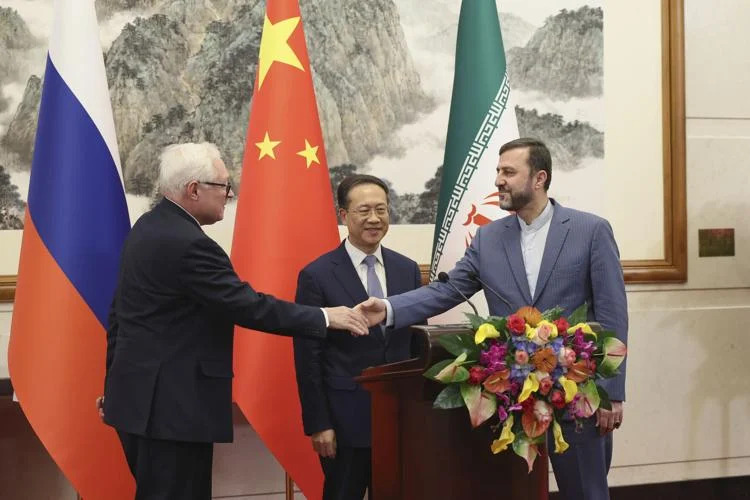
He Wenping, Senior Research Fellow, Charhar Institute and West Asia and Africa Studies Institute of the China Academy of Social Sciences
Mar 20, 2025
The three-way meeting in Beijing stood out for its effort to clarify the historical context of the Iranian nuclear issue and to present impartial, fair and equitable demands to all parties involved.
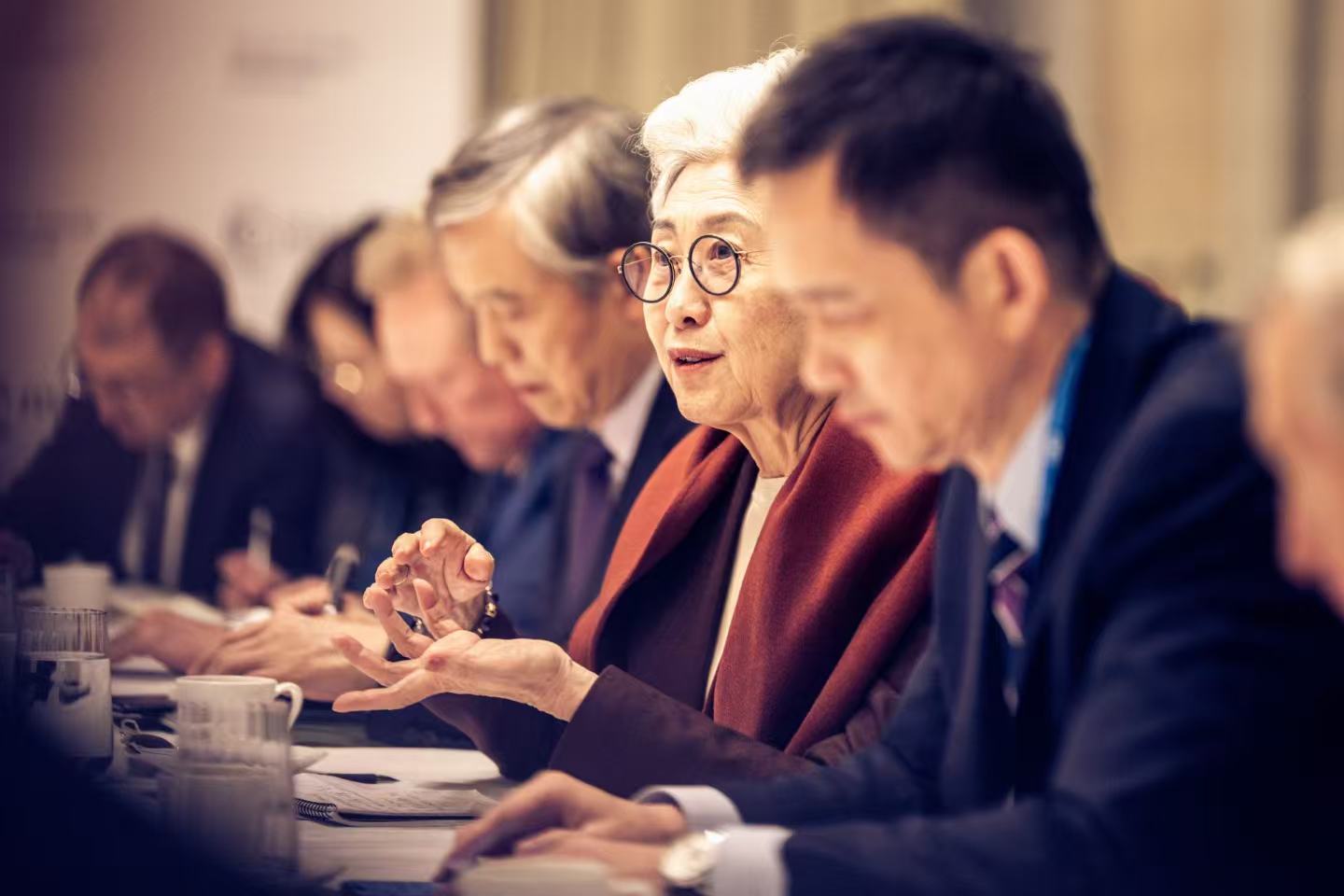
Fu Ying, Founding Chair of Center for International Security and Strategy, Tsinghua University; China's former Vice Minister of Foreign Affairs
Mar 19, 2025
On February 14, 2025, at 1:30 PM, the 61st Munich Security Conference (MSC) opened at the Hotel Bayerischer Hof. I arrived early at the conference hall, but the 200 seats had mostly been taken and I finally found a spot back in the room.
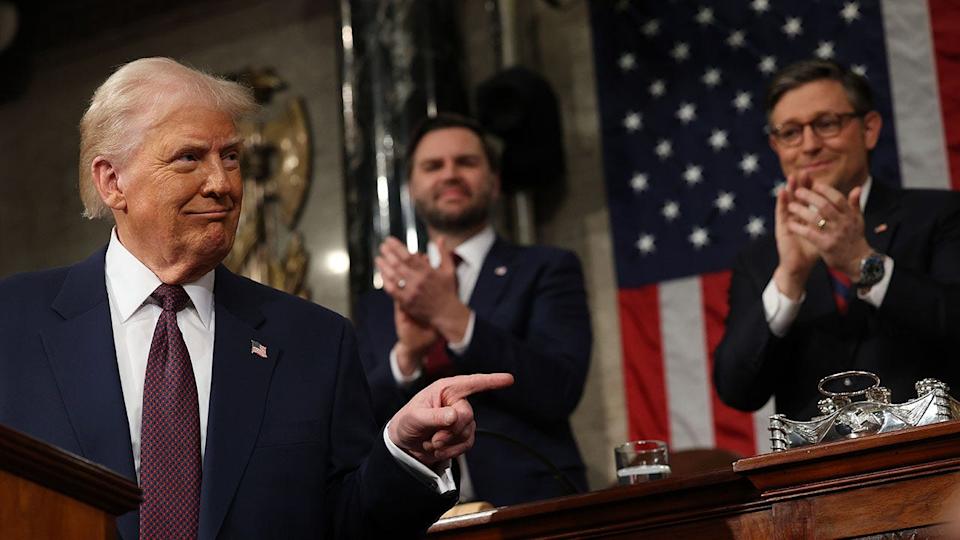
Warwick Powell, Adjunct Professor at Queensland University of Technology, Senior Fellow at Beijing Taihe Institute
Mar 18, 2025
The more things change, the more they seem to stay the same.
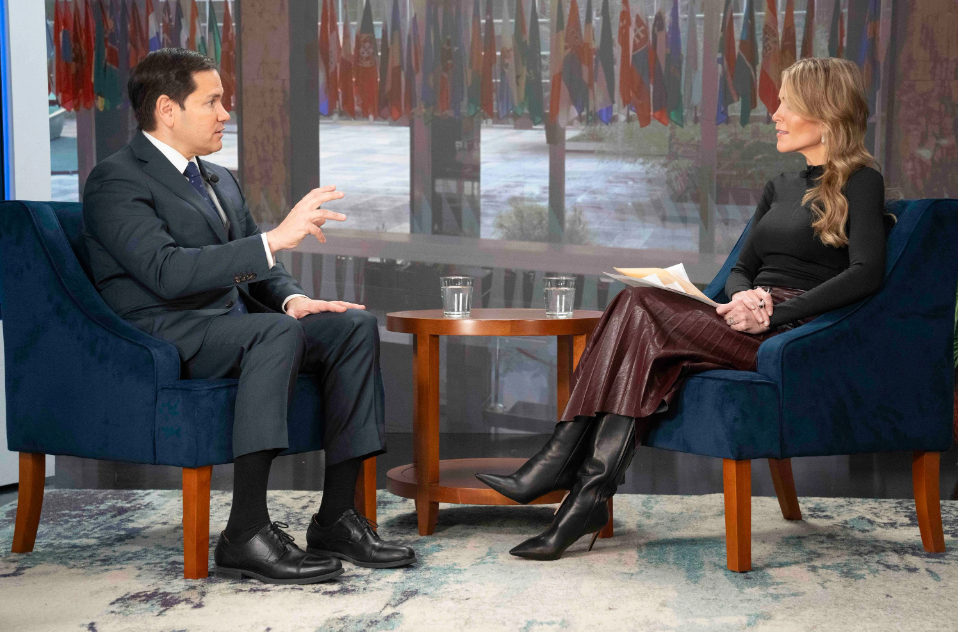
Tian Dewen, Senior Fellow, Institute of Global Governance and Development, Renmin University of China
Mar 14, 2025
The world’s future will hinge on a choice between unilateral confrontation, as exemplified by U.S. President Donald Trump; multilateral confrontation, as in America’s alliance with the EU; or multilateral cooperation, as advocated by China. It’s clear which one will be better for mankind.
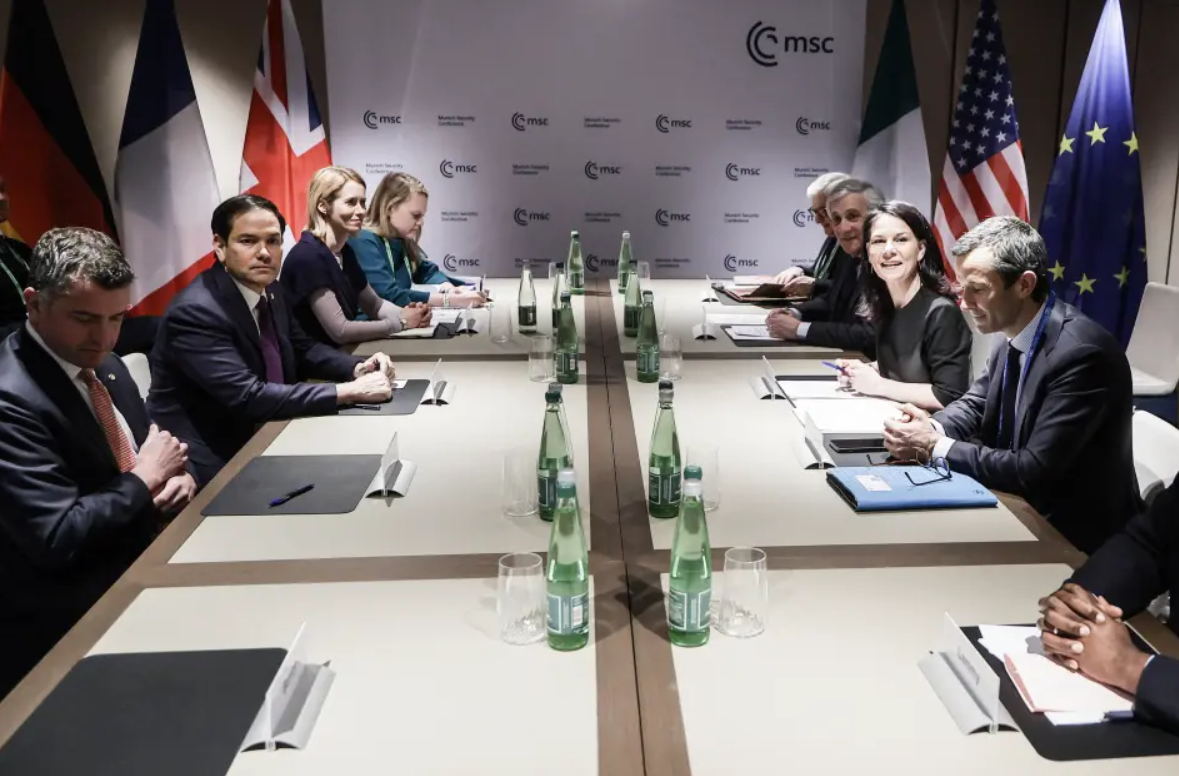
Warwick Powell, Adjunct Professor at Queensland University of Technology, Senior Fellow at Beijing Taihe Institute
Feb 27, 2025
If one takes Marco Rubio’s recent remarks on the end of unipolarity at face value, one could be mistaken for believing that the question of a multipolar world is settled. On the contrary, Rubio’s ruminations, together with remarks from members of the new Trump Administration, including the President himself, buttressed with decisions made in the first few weeks of the new administration, suggest that the issue of multipolarity is very much in question.